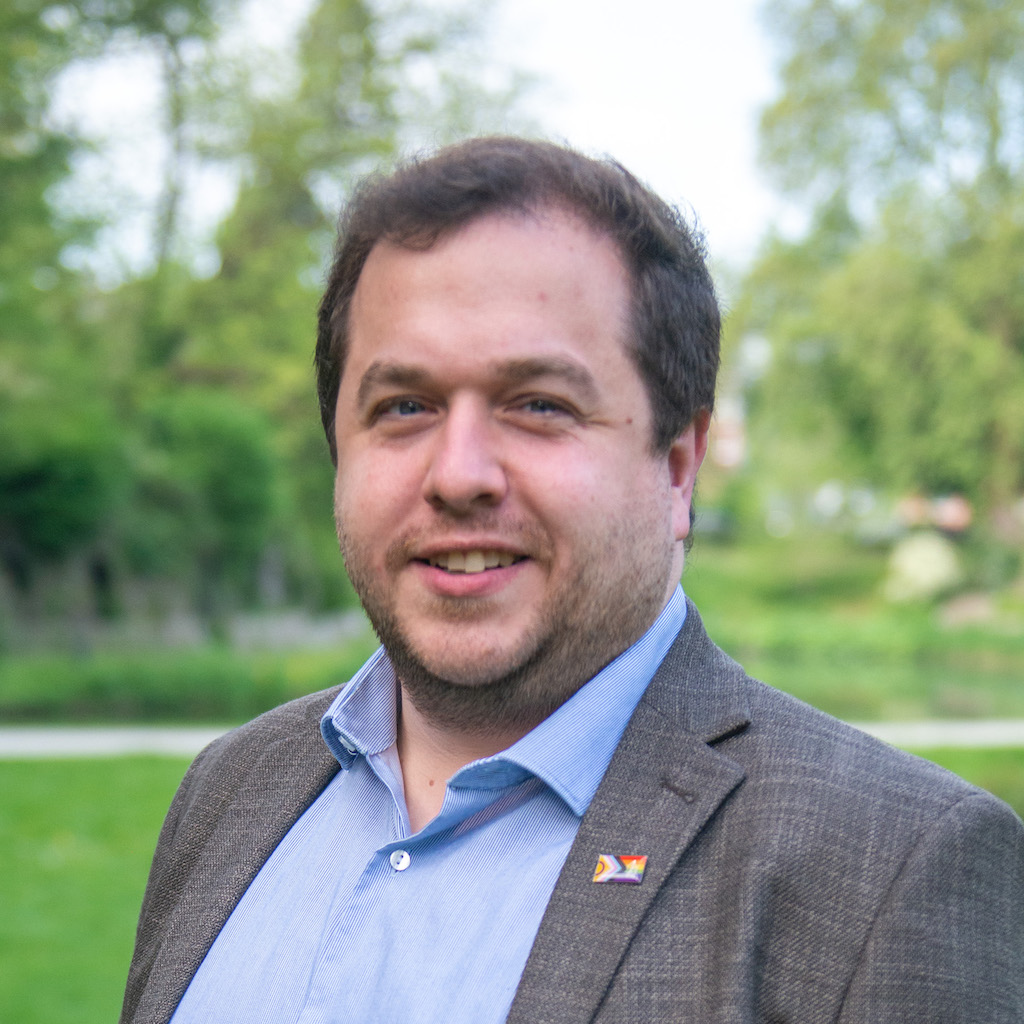Cited By
View all- Henry JPraphamontripong USerban CVescan A(2022)Report from the 3rd Int. Workshop on Education through Advanced Software Engineering and Artificial Intelligence (EASEAI '21)ACM SIGSOFT Software Engineering Notes10.1145/3502771.35027947:1(22-24)Online publication date: 25-Jan-2022


